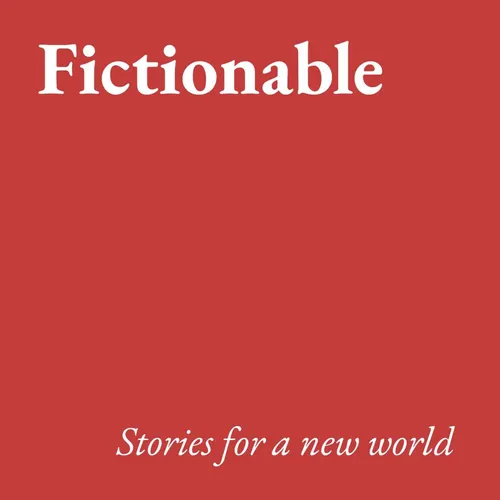AL Kennedy: 'It's all political, if you're writing fiction'
- Author
- Fictionable
- Published
- Fri 25 Jul 2025
- Episode Link
- https://fictionable.world
It's raining in London, but it's time for another issue – and another series of Fictionable podcasts. Over the next few weeks we'll be hearing from Sheyla Smanioto, Pete Segall, Ali McClary and Dafydd McKimm. But we begin Summer 2025 with AL Kennedy, and her icy short story Expedition Skills.
Kennedy says that the story emerged out of the "very strange day" earlier this year which saw the commemoration of Martin Luther King and the second inauguration of Donald Trump. Upstate New York was covered in snow and ice, she explains and "it seemed good to put people in that weirdness of first snow, because it always looks like a clean start".
The author was sitting at home "not watching the inauguration… the most not-watched inauguration in history", and thinking about wealth.
"It is a time when the wealthy are just inconceivably wealthy," she says, "and other people are always dodging complete destitution."
In Expedition Skills, Martin wants to wander across boundaries like kids, who can "go wherever they like". But the limits on our freedoms are never quite as solid as they might look, Kennedy argues, "because a lot of policing and democracy and power is about consent. And if you don't consent, the people in charge, they're always a massively smaller number."
If people want to keep politics out of fiction, "you'd have to keep people out," she continues.
"Writing well, trying to create characters that people can enter into and practise empathy, and reverse the psychological pressure that is online, that's a political act. I'm sorry, it just is. That's why people like Erdoğan and Trump and Bolsonaro and all the variety of dictators who are floating about, that's why they'll arrest you. That's why they'll suppress your work. That's why they like burning books."
Kennedy's latest novel, Alive in the Merciful Country, features a set of major characters who are all damaged in one way or another, but "that's life", says the author. "Very hard to not have trauma. I don't even know if it's entirely healthy to not have any obstacles."
And it's either great pain or great joy that delivers the extraordinary emotional spike that fiction requires. Writing about the positive side may be "very difficult", Kennedy adds, but only focusing on the bad things in life would be "psychopathic. It's just, buckle up and try to make the good stuff interesting."
Next time, we'll be looking for the good stuff with Pete Segall and his short story Bolex Man.
Hosted on Acast. See acast.com/privacy for more information.
